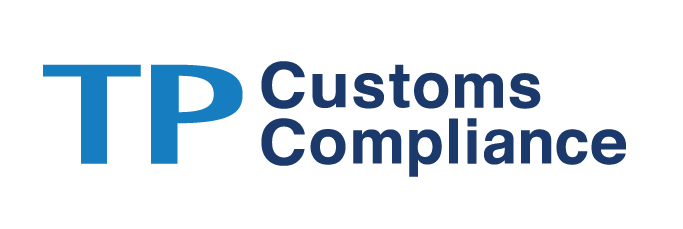What is expected?
On October 7, the President of Mexico appointed Ms. Raquel Buenrostro Sánchez as the new head of the Ministry of Economy, replacing Ms. Tatiana Clouthier.
Before this date, Ms. Buenrostro served as head of the Tax Administration Service (“SAT”), office taken in January 2020. Her management at the SAT can be summarized as hard-line management that, despite the pandemic, efforts were directed toward audits to increase tax collection. It is known in the media that various collection actions were directed at large taxpayers. On the other hand, the head of the SAT also established austerity measures to reduce government spending.
Under the management of Ms. Buenrostro, the accounting close of 2020 reported a tax collection in the amount of 3.3 trillion Mexican pesos, real growth of 0.8% compared to what was collected in 2019. In this area, the increases in the collection of income tax and value-added tax stand out.
On the other hand, in the Ministry of Economy, whose mission is to develop and implement policies to stimulate investment and boost the competitiveness of companies, during the management of Ms. Tatiana Clouthier, a pilot program for the Certification of Compliant Company in Foreign Trade (ECCE) was being prepared, with the intention of identifying administrative facilities or benefits for import and export operations, to reduce foreign trade costs and be more competitive.
The question is whether the Ministry of Economy, under the direction of Ms. Buenrostro, will continue the efforts to promote and support companies or introduce stricter compliance measures.
Some business organizations expect regulatory improvement, facilities for investors, and promotion mechanisms for industries. However, some think that the new head of the Ministry of Economy will implement an austerity policy to reduce spending and focus its efforts on greater supervision of the regulatory compliance of companies and strengthening the procedures and control systems to prevent acts of corruption.
Faced with this question, we consider it necessary and relevant that companies with foreign trade operations carry out a detailed review of the permits and controls required by export promotion and support programs to detect possible errors or omissions and that these may be corrected on time, thus reducing the probability of infringements and consequent sanctions by the reviewing authorities, which in the worst case could lead to the cancellation of programs and registrations due to non-compliance with any of the obligations provided for in the applicable regulations.
Leobardo Tenorio-Malof | ltenorio@tplegal.net
César Benítez | cbenitez@tplegal.net
Alejandro Márquez | amarquez@tplegal.net
Abril Guzmán | aguzman@tplegal.net



